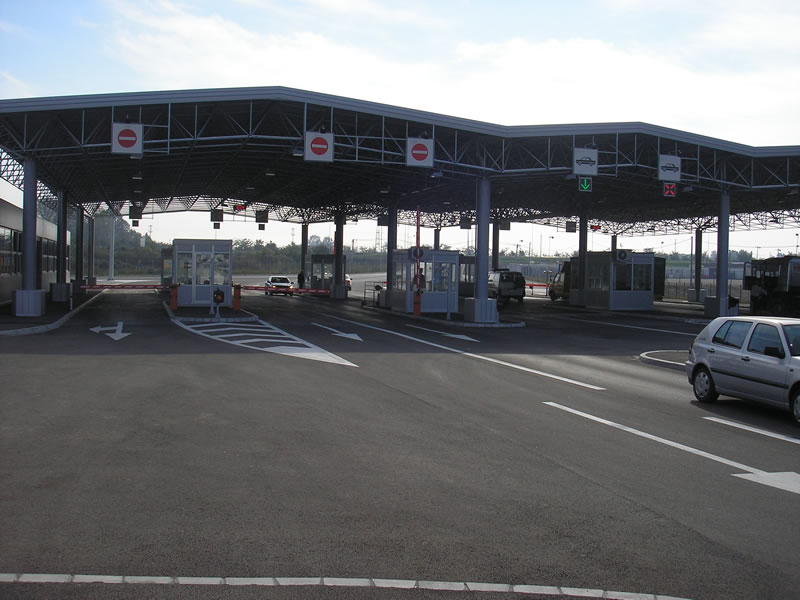



| Thursday, 30 May 2013. | |
| Better Control of European Borders! | |
| + larger fontnormal font- Smaller font |
 Representatives of the European Council, Commission and Parliament reached an agreement late last night on amending the Schengen Agreement, which will enable better control of the European borders, stated today Commissioner for Home Affairs Cecilia Malmstrom. Representatives of the European Council, Commission and Parliament reached an agreement late last night on amending the Schengen Agreement, which will enable better control of the European borders, stated today Commissioner for Home Affairs Cecilia Malmstrom. "This is an important step in improving the functioning of the Schengen system", said Malmstrom in a press release, emphasizing as positive the fact that the agreement ensures the freedom of movement within the Schengen area through clear regulations on external and internal border control. It is important to underline that the Schengen Agreement does not include the provision suspending visa facilitation (so-called protection mechanism) because of the increased influx of false asylum seekers, primarily from Serbia and Macedonia. In view of the fact that member countries which requested the introduction of a mechanism to that effect have not reached agreement with the European Commission and Parliament, this means that the citizens of Serbia and other countries in the region will be able to travel to the Schengen area without visas in the future as well. The agreement on amending the Schengen Agreement is the result of several months of negotiations between key European institutions and member countries as to when internal border controls may temporarily be introduced within the Schengen area. It was eventually agreed last night that the European Commission should be accorded the key role in deciding on the temporary establishment of borders, which was previously opposed by some members wishing to reserve those powers for themselves. According to the agreement, the Commission will have the right not only to decide whether an emergency situation calls for the introduction of internal control, but will be able to dispatch extraordinary inspection teams that would respond to the attempts by member states to establish control of their borders, despite the Schengen regulations. The agreement also strengthens the role of FRONTEX, European border control services, which will from now on have better insight into who is entering or exiting the Schengen area. This agreement could be presented to the European Parliament as early as next month, to be followed by its implementation. |